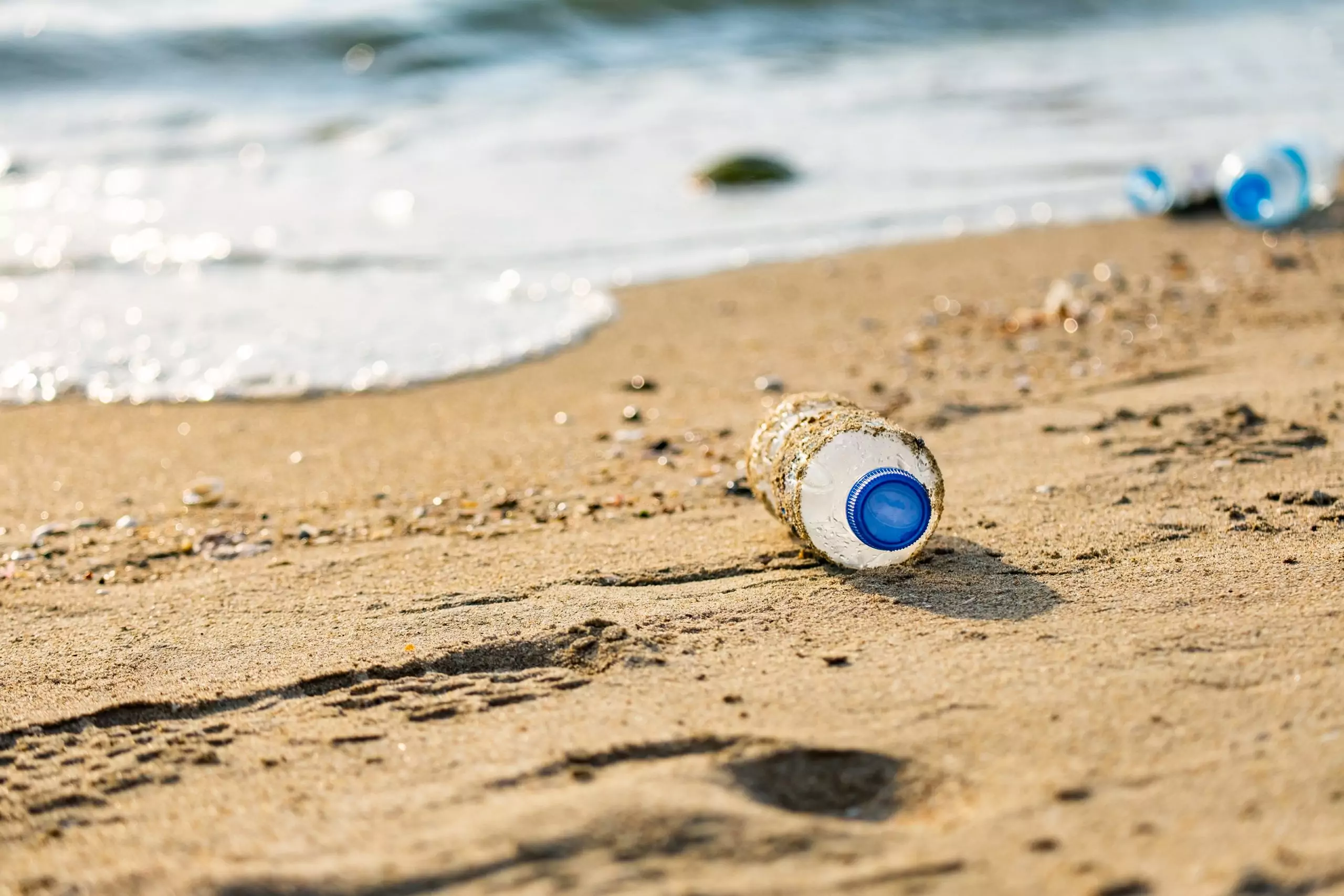It’s everywhere.
On the ground, in the oceans and rivers, sometimes on trees.
Our planet is drowning in plastic pollution, what are we going to do about that?
One of the advantages of plastic is that it is designed to last, but this same blessing is a curse as nearly all the plastic ever created still exists in some form today.

According to Plastic Oceans we are producing over 300 million tons of plastic every year, 50% of which is for single-use purposes – utilized for just a few moments, but on the planet for at least several hundred years. More than 8 million tons of plastic is dumped into our oceans every year.
Most plastic items never fully disappear, they just get smaller and smaller. Many of these tiny plastic particles are swallowed by farm animals or fish who mistake them for food, and thus can find their way onto our dinner plates.
We all know… Plastic lass in our environment for long time. But let’s put that in numbers.
Plastic bag – 20 years
Plastic straw – 200 years
6-pack plastic rings – 400 years
Plastic bottle – 450 years
Coffee pod – 500 years
According to the United Nations (UN), a staggering eight million tons of this plastic trash makes its way into our oceans each year—killing approximately one million sea birds and 100,000 marine animals annually as they either become entangled in or ingest the plastic debris.
We have to be aware that plastic pollution is not just a threat to animals, it’s harmful to us humans, too.
According to a study published in the journal Environmental Science and Technology, humans may be consuming between 39,000 to 52,000 micro plastic particles per year thanks to micro plastics found in common foods like fish, chicken, sea salt, honey, even beer. This can lead to a number of health issues, including inflammation, genotoxicity, oxidative stress and necrosis…
The way we manage our plastic waste is harmful for the planet Earth. Because right now, a lot of it ends up in the environment.

Together, we can contribute to the global effort and turn the tide against plastic pollution.
Here are some simple and effective ways you can reduce your personal plastic footprint.
- Simple say NO to plastic
- Recycle more
- Shop items that use little or no plastic packaging.
- Switch to sustainable fashion
- Buy in bulk
- Buy a reusable shopping bag
- Take action in your community
Every little action we take to reduce our consumption of plastic is a big step in protecting the future of our planet and our precious wildlife.

As individual we have to change consumers behavior, for our only home Earth.
.png)











